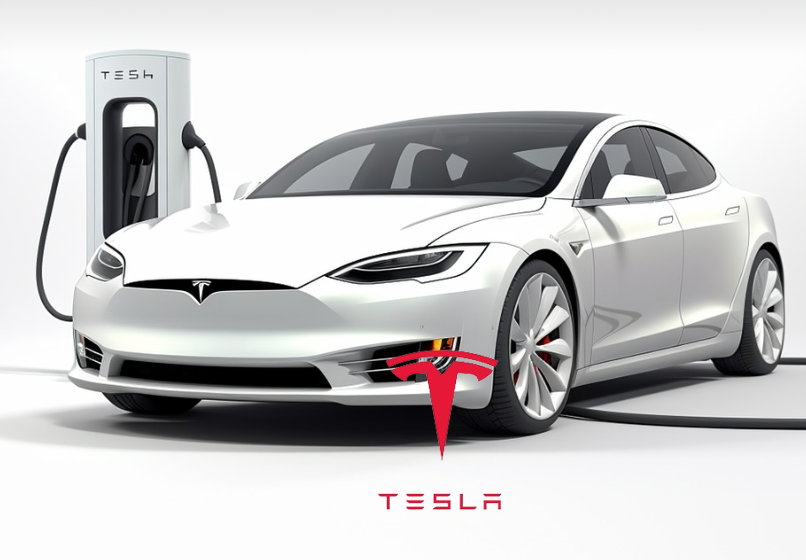$TSLA $SPCE $DOGE
#ElonMusk #SpaceX #Starship #RocketLaunch #SpaceExploration #SpaceIndustry #Aerospace #SpaceTech #Innovation #StockMarket #Crypto #TechInvesting
Elon Musk’s aerospace venture, SpaceX, delayed the sixth test flight of its highly anticipated Starship launch vehicle, shifting the attempt to November 19. This flight is particularly noteworthy given SpaceX’s mission to push the boundaries of space travel and commercial space exploration. Initially designed to support interplanetary missions, including potential crewed missions to Mars, the Starship represents the forefront of rocket technology. The postponement could impact market sentiment surrounding companies involved in the broader aerospace sector, including SpaceX’s partner or competitor firms like Virgin Galactic ($SPCE) and traditional aerospace players. This delay also carries implications not only for SpaceX but also for sectors relying on the successful deployment of more robust space technologies, including satellite launches and space tourism.
Given Musk’s significant association with financial markets, many investors will pay close attention to developments surrounding SpaceX’s Starship, especially for industries that are linked to advanced space technologies. Even Tesla ($TSLA) investors may experience shifts in market confidence due to Musk’s direct involvement with both companies. While Tesla’s central focus is still electric vehicles, Musk’s overall role in both companies often correlates to market reactions in various sectors, especially high-risk tech investments. Moreover, speculations around related cryptocurrencies like Dogecoin ($DOGE), which Musk has previously supported for tech-related ventures, could influence crypto-market volatility depending on the news flow from SpaceX.
SpaceX has been at the forefront of private-sector advancements in space exploration, surpassing key milestones in reusable rocket technologies and low-cost launches. However, when delays such as this occur, it raises concerns among partners, stakeholders, and investors regarding the project timeline, potential additional costs, or risks. Some analysts argue that consistent delays might cause short-term negative sentiment, but broader, long-term outlook on space exploration remains optimistic with SpaceX leading the charge. Growth in this sector is still anticipated as nation-states and corporations view space as a strategic domain for the future. Investors tied to this segment remain focused on the upcoming launch and incremental achievements in the pursuing months.
Ultimately, while the delay might cause a short-term market flutter, seasoned investors will likely see it as routine in such high-stakes aerospace projects, where precision and timing are paramount. Long-term expectations for SpaceX and allied companies remain high, given their relentless pursuit of groundbreaking space technologies and their consequential role in the booming space economy. The Starship’s success or failure might be a tangible signal of how soon both Mars settlement ambitions and significant profits in space might materialize for those involved. With the next launch set for Tuesday, eyes remain on how SpaceX manages its critical missions and the resulting market dynamics.










Comments are closed.